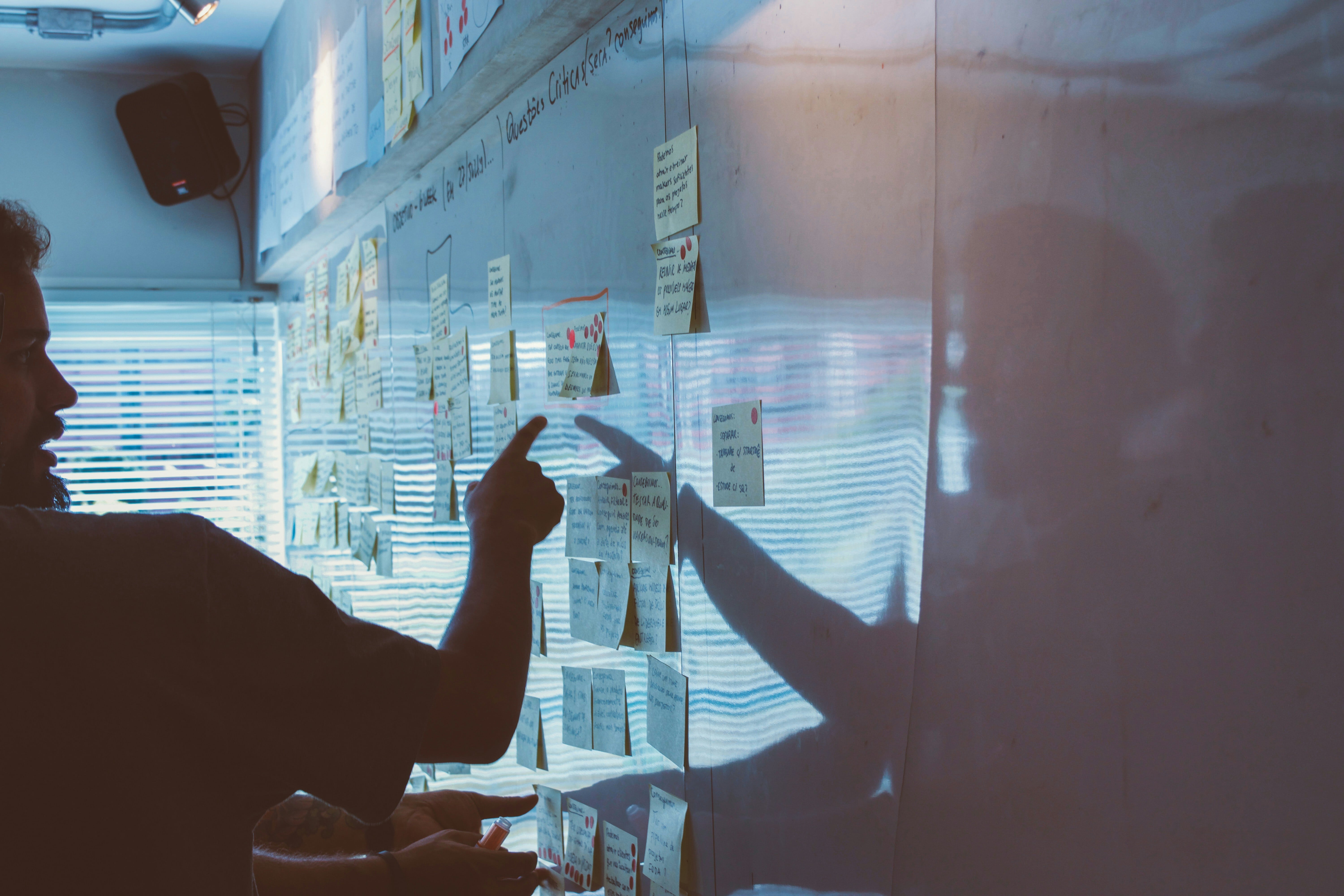A successful digital transformation starts with strategy. Do you have one?
It’s no secret that communities now have high expectations for their councils, especially when it comes to digital services. From paying rates, to reporting issues or receiving local updates, residents want streamlined, digital solutions that save time and allow them to self-serve.
As a result, the pressure on local governments to modernise is constantly mounting. However, the findings from ReadyTech's Customer Centricity 2024 report reveal a significant gap in the digital readiness of many local councils.
According to the research, based on surveys of both Australian local governments and the community members they serve, only 40% of Local Government Area (LGA) respondents reported that their council has a clear digital transformation vision and strategy in place. Alarmingly, 32% indicated that their council lacks such a strategy altogether, while 28% weren’t even sure whether their council had one – which indicates that even if they do, it is not effectively embedded in their organisation.
Furthermore, 50% of respondents said that they are likely to review and/or change any of the core applications of their ERP/ERM in the next 12 months. This did not differ between those who had a digital transformation plan in place, and those who didn’t.
This is a worrying statistic, as it highlights that many councils are looking to implement new solutions to solve current issues, however, they will be doing so without a well-considered and effectively communicated plan.
Don’t let your council become another statistic
As outlined by Deloitte, 70% of digital transformations fail. Whilst numerous factors can contribute to this, one of the most prevalent reasons for failure is organisations approaching a digital transformation with a temporary tactic, outmoded strategy, or no plan – all of which have a high risk of failure and sub-optimal outcomes.
“Without a digital transformation strategy or plan, any council will likely create further technology headaches or issues for staff, by implementing systems which are poorly or not at all interconnected, are not fit for purpose, and/or are not well designed with community engagement, experience and satisfaction in mind,” the Customer Centricity 2024 report outlines.
“Councils have an obligation to think more strategically about how they are spending public money, and thus need to ensure that their expenditure on technology improves community connections and interactions, rather than merely increases their tech debt.”
What are key components of a digital transformation strategy?
A digital transformation strategy is a plan to change an organisation’s culture and business model while adopting digital technologies, with the goal of improving customer satisfaction, work process efficiency and more.
The specific components of a digital transformation strategy will depend on each council’s business objectives and the needs of their community. However, some key examples include:
- Clear Vision and Leadership: Establish a forward-looking vision supported by leadership, aligned with community goals.
- User-Centric Service Design: Create accessible, easy-to-use digital services for all residents.
- Digital Infrastructure and Technology: Invest in secure, scalable infrastructure and integrate systems for efficiency.
- Data-Driven Decision Making: Use data to optimise services, ensuring security and compliance.
- Employee Training and Digital Skills: Train staff on new tools and foster a culture of digital innovation.
- Change Management and Communication: Develop a plan for guiding staff and residents through digital changes.
- Collaboration and Partnerships: Work with other councils and external partners to share knowledge and resources.
- Sustainability and Future-Proofing: Ensure digital solutions are adaptable and sustainable long term.
- Community Engagement and Feedback: Regularly engage with residents for feedback to improve services.
- Governance and Compliance: Establish strong governance and ensure compliance with relevant regulations.
How Burwood Council started its transformation with ReadyTech
Burwood Council found itself in a position that many local governments can relate to – a rapidly growing population that was placing heightened demand for housing, transportation, education, healthcare, and various other services. Managing these demands while maintaining quality infrastructure and planning for future developments presented a complex undertaking for the council.
To address these challenges effectively, Burwood Council recognised the need to streamline operations, enhance automation, and reduce costs while ensuring operational efficiencies and meeting the diverse needs of its community.
As a result, the council embarked on a comprehensive business transformation journey, with the aim to align its current and future business requirements with its overarching digital strategy.
To achieve its goal, Burwood Council forged a strategic partnership with ReadyTech. In particular, the council transitioned from its previous separate and siloed solutions to a unified ERP Platform, Ready Community.
The Ready Community solution is built for local governments and incorporates core back-office functionality including Financials, Payroll and Property & Rates, coupled with a modern front-end customer-facing portal.
“We are committed to enhancing the efficiency of our business processes. We're very keen to remove red tape, speed things up, make things available 24/7 wherever possible, and we see the Ready Community solution as one of the catalysts for that,” said Fab Zincone, Director of Corporate Services at Burwood Council.
“Currently, we have two ERP systems, and it means that we’re not able to effectively concentrate on either of them, resulting in resource allocation being stretched thin.
“So, there was a real incentive for us to adopt a single system capable of delivering all of those different modules and functionalities, so that we could then work with that partner to push the boundaries.”
Moving to the Ready Community ERP platform enabled Burwood to integrate business processes across the organisation, increase automation of business processes across applications, and reduce effort, resources and costs of having to manage disparate ERP solutions.
For more information on ReadyTech’s offering, you can chat with our friendly team here.






